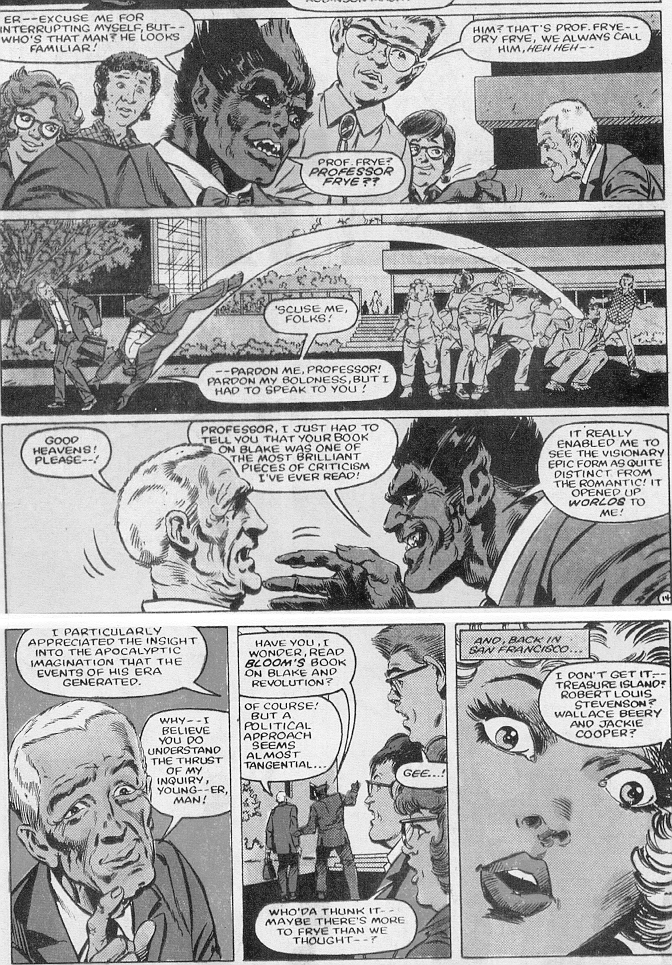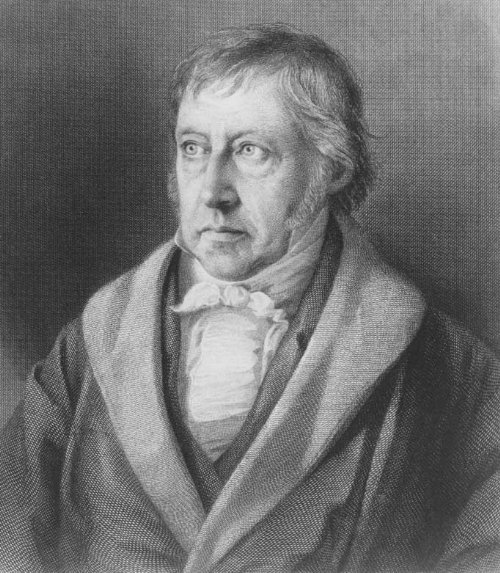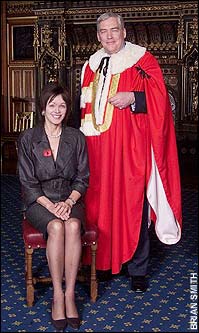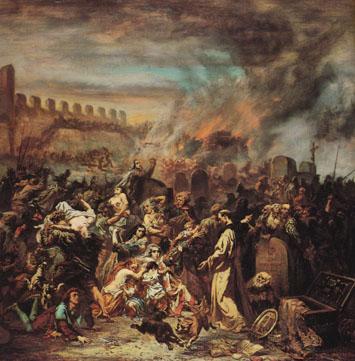Frye appeared as a character (above) in Marvel Comics’ The New Defenders in a story called “The Pajusnaya Consignment.”
iO9, a science fiction blog (“We Come from the Future”), cites Frye in a post today: “How many definitions of science fiction are there?”
[Science fiction is] a mode of romance with a strong inherent tendency to myth.” — Northrop Frye.
Here’s Frye on “parallel world” science fiction:
I’ve been reading, more or less at random, in science fiction for varieties of the parallel-world conception which seems to me a possible exit from the present up-down mythical universal dilemma. Reincarnation is now being trumpeted as practically established scientifically; it isn’t, and I still think there’s a fallacy buried in it somewhere, but there’s probably a pattern it fits. I read the four volumes of Philip Jose Farmer’s “Riverrun” series, but they were a bust. Now I’m reading Zelazny’s two-volume “Amber” series, which at least has better patter. They seem to me a development of the Eddison series, where the ideal world is conceived as an archaic one, reminding me of Lawrence’s proposal that if men wanted to fight they should repudiate modern hardware, get into armor and have a good old heroic hack. Eddison isn’t quite as silly as that sounds, but his fantasy world is simply the old chivalric-romance one back again. We seem to be in an age of neo-Ariosto. (Northrop Frye Unbuttoned, 254)






